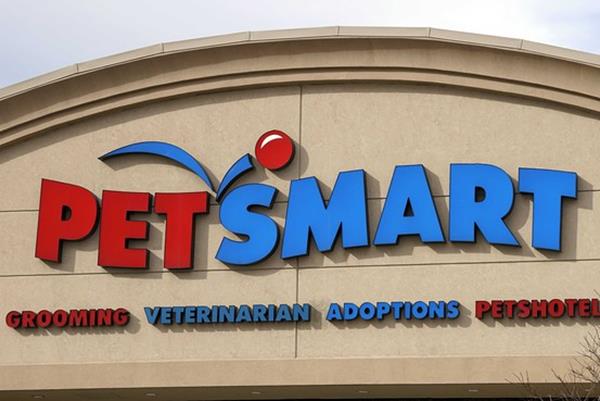
|
2:57 pm ET
Dec 17, 2014 |
Deals
|
Dealpolitik: A Different Deal for One
PetSmart Shareholder |
|
By
Ronald Barusch

─ Reuters |
Shareholders don’t always
need to be treated equally in U.S. acquisitions. This year’s largest
leveraged buyout is a poster child for this proposition.
A group led by BC Partners
is buying
PetSmart Inc. for more than $8.2
billion, or $83 in cash for all the shares. Well, not quite all the shares.
Longview Asset Management LLC, which controls about a 9% stake in PetSmart,
got an opportunity to roll some of its shares into the post-buyout company.
If the acquisition is ultimately successful, Longview will be able to share
in the upside, in return for taking some of the downside risk of owning
shares in a leveraged company.
Other shareholders are not
being offered that opportunity. They will be cashed out when the deal
closes.
It’s all legal, and there
are likely legitimate reasons only Longview has the chance to get equity.
But many countries ban this kind of practice and require equal treatment of
all shareholders.
The U.S. also has some
equal-treatment rules, but they have developed in an arcane system in which
regulation of takeovers is split between federal rules and state corporate
law. It is easy to navigate around them by choosing to avoid a direct tender
offer to all shareholders, which are governed by federal law, and instead
carefully structuring a merger to which state law applies.
If a deal involves a
tender offer–regulated by the Securities and Exchange Commission–this kind
of transaction isn’t permitted. One of the tender offer rules explicitly
requires equal treatment of all shareholders, and the courts have strictly
applied those rules.
The other means of
acquiring a company is through a merger, in which two companies sign an
agreement to combine and specify into what consideration the shares are
converted. Generally, all identical shares are converted into the same
consideration (or the holders have the same choices), so that operates as an
equal-treatment rule in mergers.
Of course, that rule
doesn’t apply to the shares held by the buyer. That is the major hole in the
U.S. regulation of equal treatment.
If Longview wants to roll
over some of its shares and retain an equity interest in the post-merger
PetSmart, and BC Partners is happy for it to do so, all it needs to do is
exchange those shares for shares of the special-purpose vehicle being used
to acquire PetSmart before the merger becomes effective. As a result, those
shares are not converted into cash and Longview gets different treatment
from other shareholders.
The merger loophole makes
equal-treatment rules in the U.S. largely ineffective. Buyers can pay
shareholders in different ways if it desires to do so and it can get the
necessary shareholder approval.
BC Partners may not be
offering the same opportunity to public shareholders because doing so would
require more complex disclosure in the proxy statement for the deal and
subject PetSmart to continuing public disclosure. That disclosure can be
eliminated if only a small number of holders are offered the buyer’s shares.
Also, it may help BC Partners to have Longview invest in the equity of the
buyer to complete its financing. Public shareholders could not commit to
taking shares until almost the closing.
Still, Longview may be
getting an edge that doesn’t feel quite right. Longview agreed to vote all
of its shares in favor of the buyout, according to the news release
announcing the deal. The holders of a majority of PetSmart’s outstanding
shares must vote in favor the deal before it can be completed. If the
ability to roll over some of its shares was an inducement for Longview’s
agreement to vote “yes,” is that fair to public shareholders who will be
bound by the vote? It is legal under Delaware law, as long as the board
concludes other shareholders are being treated fairly. In fact, Delaware
recognizes the right of shareholders that have elements of control to
receive a premium to the price being paid to other shareholders, and those
shareholders still get to vote.
But the deal still raises
the question of whether that is the right outcome. At the very least, it
doesn’t seem fair that a large shareholder that’s receiving a different form
of consideration for some of its shares that’s unavailable to the public
should be counted towards obtaining the requisite shareholder vote.
Send questions,
comments or story ideas to Dealpolitik@gmail.com and
follow Ron on Twitter: @Dealpolitik.
|